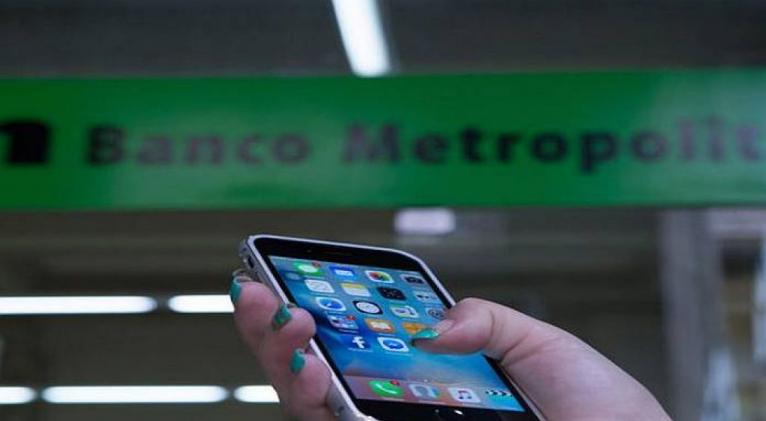Cuba holds business forum on foreign investment: Moves towards electronic payments

Cuba recently held a business forum comprising national and foreign business people to promote foreign investment, part of the national development strategy.
The business forum is expected to develop four panels on foreign capital investment in Cuba which the government announced will protect all entrepreneurs who have interests in the island from threats by the application of the Helms-Burton law, which codifies the economic, commercial and financial blockade of the United States.
The Cuban Chamber of Commerce organised the event and co-sponsored by the Economic Commission for Latin America and the Caribbean and the European Commission.
Rodrigo Malmierca, minister of foreign trade and investment, noted that, the partnership with the European Commission is developed within the framework of the bilateral political dialogue and co-operation agreement, and prioritises sectors such as renewable energy and food security.
Meantime, the Cuban banking system is moving towards electronic payments, highlighted the increase in the number of magnetic cards issued up to May of this year, which exceeds five million; with a growth of nearly half a million units since 2018.
“In keeping with the country’s policy of computerising itself in favour of the progress of the national economy and the welfare of the people, the Cuban banking system encourages the development of computer infrastructure and easy-to-use services that are beneficial to all, Alberto Quiñones Betancourt, director general of informatics services of the Central Bank of Cuba (BCC), said.
Regarding the behaviour of the electronic payment channels in the first months of 2019 (telephone, remote and mobile banking), Quiñones Betancourt said, “the use of mobile banking grew more than seven times with respect to the same period of the previous year, for 830 thousand payment operations.”
With 67,000 transactions, remote banking grew 37 percent compared to 2018, while telephone banking decreases by nine percentage units.
Digitisation lowers the costs of banking activity in the country, favours organisation and internal control while providing users with different options to optimise their time and facilitate the management, Quiñones Betancourt said.
“Among the services that are working to add to mobile banking in 2019 is the recharge of the Nauta account, as well as electronic commerce and payments with the CIMEX Corporation,” he added.
On the other hand, the current challenges are focused on promoting the use of digital payment channels, including the [so-called] Point of Sale Terminals (POS), which reduces the use of cash.
Regarding cybersecurity, he stated that it is one of the main concerns of the Central Bank of Cuba, which is why it works together with national software development companies so that each service is not only efficient but safe for users and banking institutions.













Add new comment